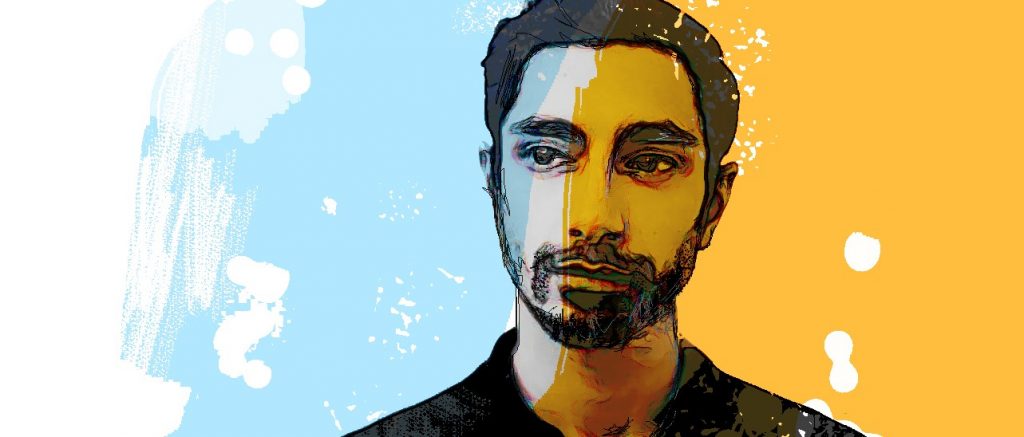When starting out in acting he would normally get the conventional roles of either a street hustler/drug dealer or an Islamic (wannabe) terrorist. And it’s possible that it never crossed his mind that he would become the first Asian male to win a lead acting Emmy and the first Muslim to win one as well for his role on HBO’s mini series ‘The Night Of.’
As Riz kicked off his acting career he got the typical roles that tended to be brought forward to Asian actors and which, more than likely, required one to be stigmatised for having to play such characters. Yet it wasn’t just the paucity and type of roles that were being offered to him that related somewhat to terror(ism), or street violence but also the way the media tends to categorise certain actors and pigeonhole them for such roles.
It took a while for Riz to find a way of migrating from the politics column to the arts column and even though the work was culturally relevant (The Road To Guantanamo) and entertaining (Four Lions) he was still being looked at through this social commentary lens.
But for Riz this was more of a challenge then a defeat. It was as if he was being handed a lemon and was told to go ahead and make something of it and came back with a margarita. Riz believes his enriching cultural heritage, which in his case is Pakistanian, bestows him with a different palette to paint with, different goggles to see the world through, and thus grants him competing narratives.
It’s the commentary, and the alternative way of looking at things that he believes is lacking in cinema and which gives not just him but any artist out there, that feels in the minority league, whether by their colour of their skin or the language or accent they speak, the opportunity to reveal the many spectrums of their culture and bring forward a non orthodox way of thinking and pave a new direction in storytelling.
Riz’ decision to go to the US and take on studio roles such as Nightcrawler, Rogue One and Venom made him realise that he was playing characters in whose stories he didn’t recognise his own experiences. He said in an interview that when he acted in roles for a long time he thought that contorting himself, wearing different masks and popping up as this or that person might be a way of stretching culture. But now he believes that he knows more about himself as a performer than he did a few years ago and having a clearer sense of what he’d like to bring to the roles he chooses has made him a better collaborator.
So the moral of the story is if you ever find yourself being pigeonholed, stigmatised, classified, for the way your look (colour of skin) or the way you speak (with a foreign accent) remember that there always have been (Omar Sharif, Max Von Sydow, Yul Brynner, and even Arnold Schwartzenegger) and there always will be (Daniel Bruhl, Noomi Rapace, Stellan Skarsgard Julie Delpy and more recently Maria Bakalova and Luptia Nyong’o) actors who believed in their acting abilities and still went ahead and played to their strengths even though others might have thought they were weaknesses.
So take heed that for this years Oscars there will be an array of young and older talent, of ethnic and cultural diversity, that will not only be walking the red carpet but also may get the chance of holding up that little golden statue as a symbol of strength and a testament for a more colourful artistry to come.
